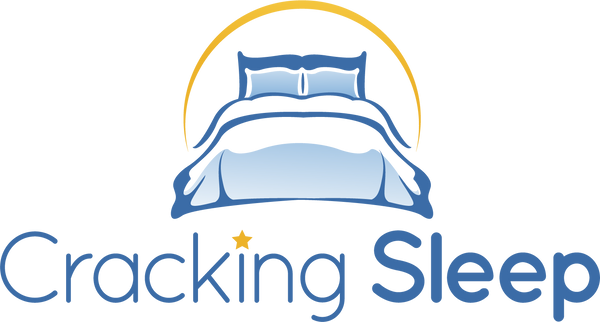In the western world, we treat our healthcare with some mix of hopeful optimism and blatant disregard.
Although the list of countries providing free (or subsidised) healthcare at the point of consumption is huge, we are still seriously lacking when it comes to human care.
Where does it fall down?
Humans.
Humans are underrated.
In a time where Artificial Intelligence is in every other news story, we have truly lost the ability to connect with each other when it comes to maintaining healthy populations.
I don’t know if he invented the term Medicine 3.0, but in Dr Peter Attia’s book ‘Outlive’ he refers to this as being where the healthcare system focuses on prevention, rather than waiting for someone to get sick first.
Although only one of many underfunded medical issues [mental health funding, anyone?]… sleep issues, including sleep apnea, definitely fall into the bucket of things medicine can do better… in advance.
The majority of us with sleep apnea are diagnosed between the ages of 50 and 60. If we think back to how long we’ve had symptoms but didn’t know it was linked to sleep apnea… what age could this have been caught at?
Yes, sleep apnea becomes more likely with age but how much of that age-factor is due to our changing bodies and how much is due to healthy young people compensating with sheer energy?
What’s really causing that 14-year old to snore and, given they’ve been snoring for as long as their parents can remember, why hasn’t anyone asked the question before?
This isn’t a slant at the sleep medicine professionals out there. Just like when an airline leaves you stranded… it usually isn’t the people working at the coalface causing the issues… it’s those pulling the strings further up the chain.
However, it is these coalface workers who know what needs to be done. They see the impact every day. If you want to fix a problem, who better to ask than the people who deal with these problems on a daily basis?
Most governments simply don’t send enough funding into coalface budgets, such as sleep apnea clinics, where early assessments could become the norm – saving an unfathomable number of people from years of stroke and cardiac related oxygen deprivation.
With devices such as the AcuPebble able to run a sleep diagnosis at home and without all the wires used in a full polysomnography test… it really isn’t an expensive or difficult thing to do.
But why doesn’t it happen?
Ask your government. They’re the ones deciding where to direct your tax money.
Is your population’s health really less important than upgrading a trainline to cut 12-minutes off a 2-hour journey?

